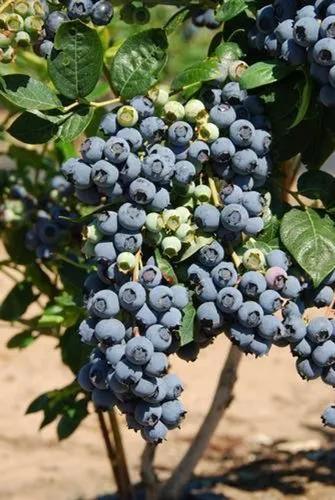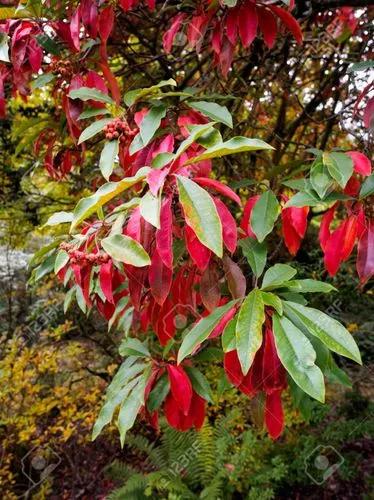Eugenia stipitata (Araza, Portuguese common names araçá, araçá-boi Portuguese pronunciation: [ɐɾɐˈsa ˈboj], Spanish common name arazá) is a fruit tree native to Amazon Rainforest vegetation in Brazil, Colombia and Ecuador.
Arazá Care
Eugenia Stipitata



Arazá is a fruit tree, originating in western part of Amazonia. This plant is a kind of less known and underutilized crop, which have certain attractive properties for further agricultural development. Although the fruit is very acidic for direct consumption, it can be processed into juices, nectars, marmalades, ice-creams etc. with an exotic, refreshing taste. The species is believed to have its origin in the extreme west of the Amazon basin, perhaps in the Peruvian Amazon. Most of the wild populations are found on old, non-floodable terraces in tropical, white, highly leached podzolic soils, which are distributed specifically within the area between the Marañón and Ucayali Rivers and where the Amazon begins and as far as Iquitos (ssp. sororia) and in Brazilian state Acre (ssp. Stipitata).[2] It is only found in the western Amazon and does not appear to have been widely spread by the Indians, although some of the best varieties appear to have been selected by the Peruvian Indians around Iquitos. The reason is that within the locally cultivated material, there occur varieties 12 cm in diameter and 740 g in weight, compared with the wild populations which do not exceed 7 cm in diameter and 30 g in weight. Less frequently species may be found also in Bolivia, Brazil, Colombia. It is exotic to other tropical areas in South America, Central America and Florida. Specimens have also been introduced elsewhere in the tropics, for example in Tenom, Sabah, Malaysia.
How to Care for the Plant

Popularity

9 people already have this plant 3 people have added this plant to their wishlists
Discover more plants with the list below
Popular articles






